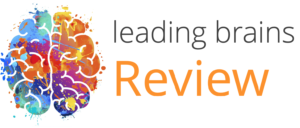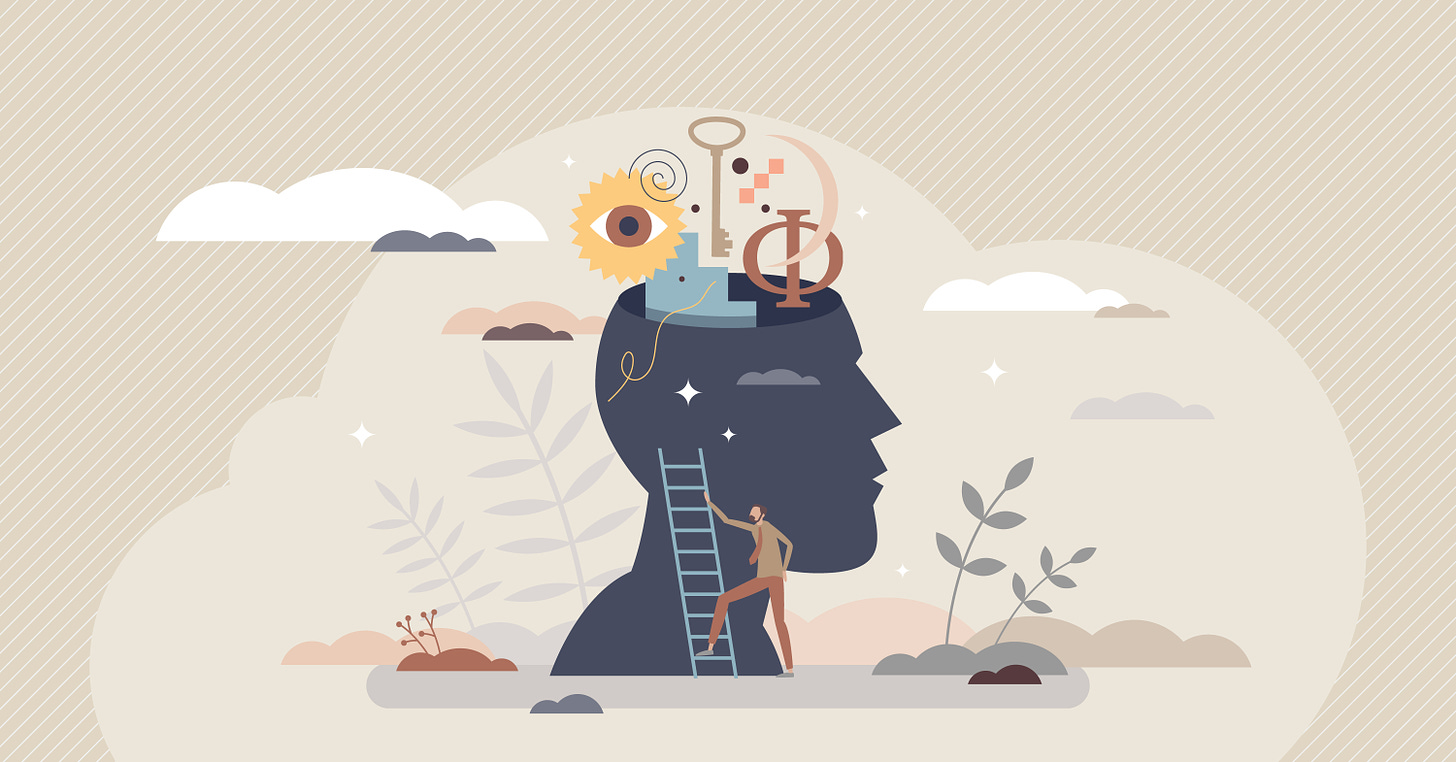
I would have thought that working with others increases stress?!
We could assume that. In the world of working from home we would assume that working alone in your comfortable home environment would be much less stressful. That’s certainly how I have experienced it – but my partner is also often home working also so strictly I’m not always working alone.
So what was this study about?
Well, first off it wasn’t focused on workplace activities but would be interesting to see if this would transfer and there is no reason to think it wouldn’t.
They investigated three working conditions and measured brain wave activity and stress responses during these three conditions. The three conditions were:
Alone: an individual performed the activity alone
Parallel: two individuals performed an activity separately but in the same room
Non-Parallel: one individual performed an activity and the other observed
And what was the “work” – the activity?
In this case it was a craft activity – something called netcraft common in Japan where the study was performed which involves threading coloured yarn through holes to create pattens and objects.
So not work really?
Well, not unless you make things for a living – which many people do. In this case a previous study had looked at crafts as a form of occupational therapy so that was the focus. But it involves concentrating on an activity – and that is what we all do at work.
And I’m intrigued then, what was the result?
First off, it is important to understand that all participants rotated though the different conditions so it was not based on individual responses or preferences and all were healthy young adults.
What they found was that the parallel condition – working with others but individually focused on one’s own task – showed the lower stress in physiological and brain wave patterns.
So just the presence of others seems to lower stress!
This is what it suggests that collectively working in the same room, simply in the presence of others lowers stress.
Wow, that would have implications for work from home and office work!
Indeed, it could be an additional benefit that we haven’t thought of for office work. I have previously reported on other factors like the slow erosion of trust if you don’t regularly see people. This points to another benefit and that human beings seem to operate well in the presence of others when focused on their own tasks.
On the other hand there is the additional stress of getting to work in the first place – so it might be a balancing act.
I just also thought that this could be important for families as well?
Yes, I presume many of us have experienced that relaxing feeling when a family are all siting in a room and engaged in a task not media related such as reading, knitting, doing a a jigsaw puzzle, etc. So do things together even if they’re not together – if you know what I mean.
Right, so in summary: human beings just need the presence of other human beings
Yes, we are social creatures even when we’re not being social!

















